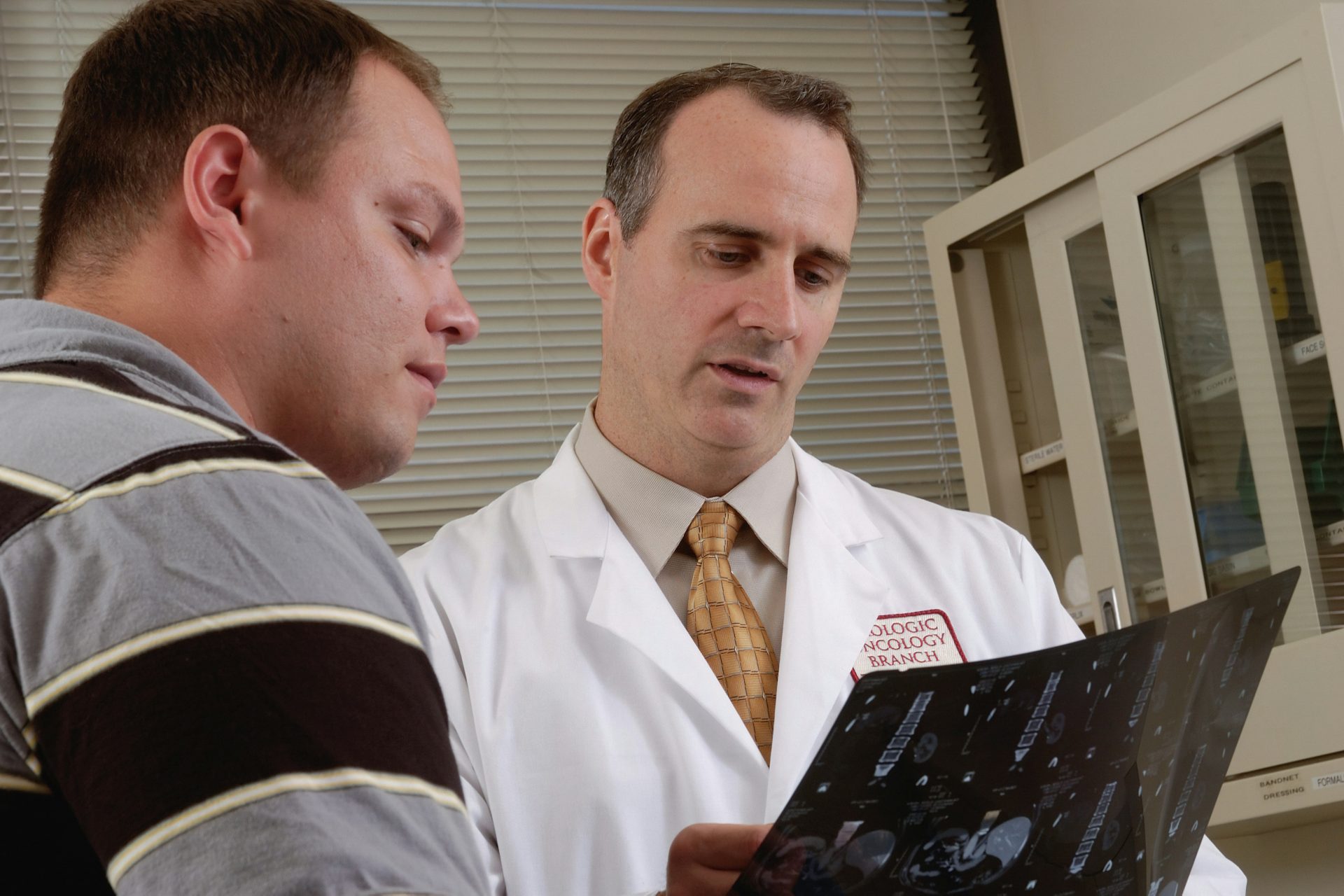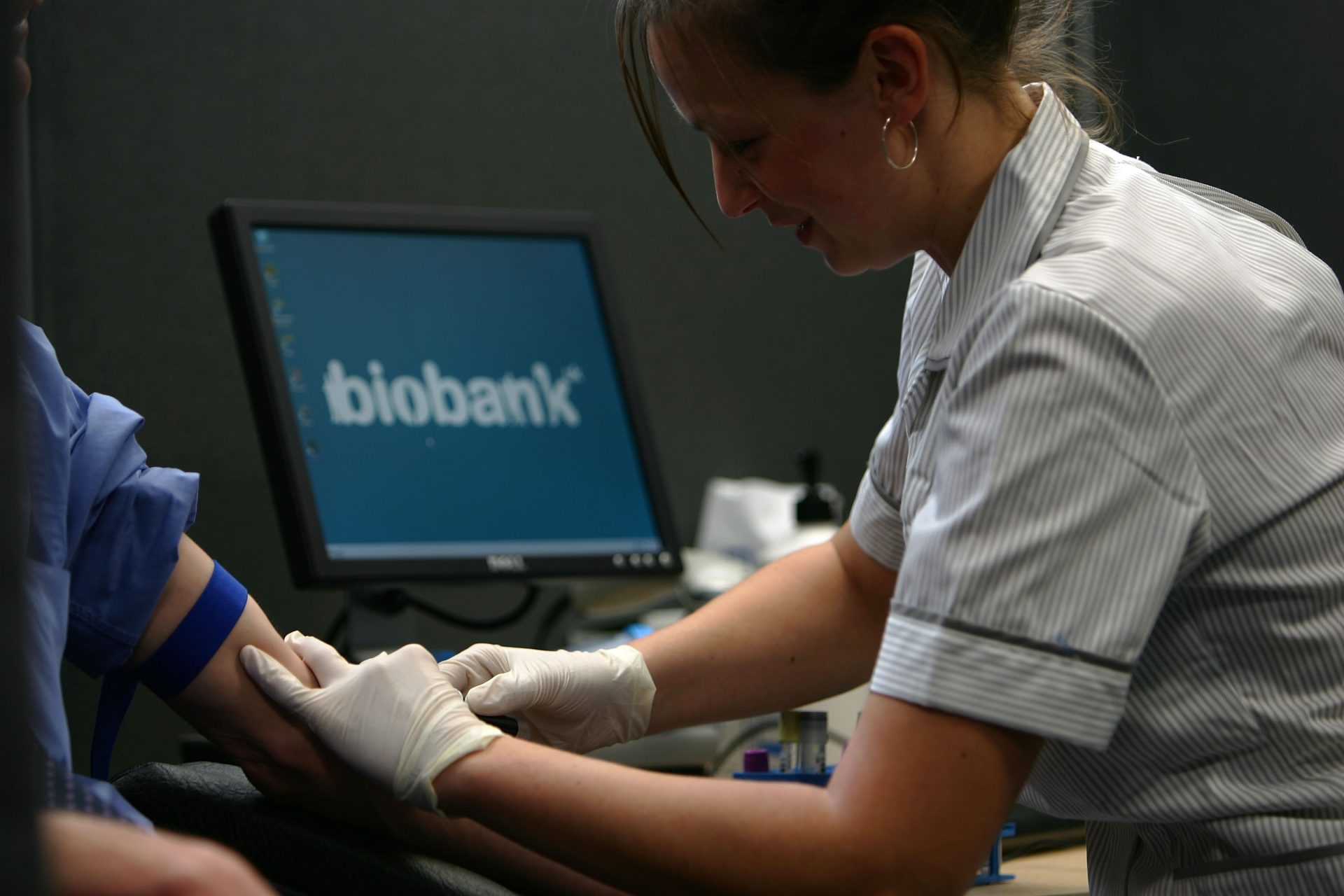Study finds heavy computer usage can affect men in a very unusual way
In March 2024, researchers revealed that heavy computer usage by men had an immensely adverse effect on their anatomy. Too much leisurely screen time was found to be a driver of erectile dysfunction.
The study was published in the journal Andrology and made some people very concerned about the nature of computer use for men. So how much computer time was too much? It actually doesn’t take a lot to kill a man’s ability to rise to the occasion.
Researchers looked at more than 200,000 men and they predicted for every 1.2 hours spent looking at a computer screen, men had a 3.57-fold greater chance of developing erectile dysfunction according to a press release on the study.
Photo by Deon Black on Unsplash
The Independent reported that the study discovered long-term leisure on computers was found to be associated with lower levels of a key hormone in men that stimulates the production of sperm and leads to a lack of their soldier standing at attention.
“Extended computer usage for leisure raised the likelihood of developing erectile dysfunction, which may be associated to lower follicle-stimulating hormone levels,” the study’s authors wrote in their research paper.
What was weird about the finding was that it appeared as if other leisure activities that involved sitting did not have the same effect on lower follicle-stimulating hormone levels as sitting in front of a computer screen.
Photo by Mollie Sivaram on Unsplash
Driving just for fun or watching television showed no evidence of the same effects on a man’s follicle-stimulating hormone levels, which suggested there might be something uniquely damaging about spending too much time on computers for some men.
Photo by Eddy Billard on Unsplash
“The present study offered substantial evidence for a positive causal association between computer use and the risk of erectile dysfunction. However, a definitive causal association needs to be established by further research,” the study’s authors wrote.
Interestingly, the study was not able to link computer usage to mental health problems like depression or anxiety, but it's authors did state that the role of psychological issues in erectile dysfunction should not be understated.
Photo by DESIGNECOLOGIST on Unsplash
“Although the specific mechanism of erectile dysfunction caused by computer use has not been clarified in the present study, the damage of sedentary behavior to erectile function appears to be clear,” the researcher wrote according to The Independent.
Photo by Ben White on Unsplash
The study’s authors didn’t leave their readers with just doom and gloom, though. They did note that moderate physical activity could help correct dysfunction, which is a point other research has shown is quite helpful.
Photo by Jenny Hill on Unsplash
Professor of Andrology at the University of Manchester Allen Pacey called the research “quite a neat but complicated study” according to The Independent, but he added the study did not fully explain what was behind the drop in hormone levels.
Photo by Christian Erfurt on Unsplash
“We’ve known for a while that men who have a sedentary lifestyle can have a higher incidence of erectile dysfunction, but we have not been sure why,” Pacey said, adding that the study did not show “cause and effect" of computer usage and erectile dysfunction.
However, Pacey went on to say that the new research did suggest that men who are worried about erectile dysfunction affecting their lives should spend less time on their computers and more time being physically active.
Photo by bruce mars on Unsplash
“Studies have already shown that regular exercise can improve erectile function,” Pacey said. “Of course, if the problem persists, men should consult their general practitioner who will be able to offer a range of solutions to try and help.”
Photo by National Cancer Institute on Unsplash
The individuals analyzed were between the ages of 40 and 60 from the UK Biobank, which is a large-scale biomedical research database containing the genetic, lifestyle, and health information of half a million participants from the UK according to the project's website.
More for you
Top Stories





























